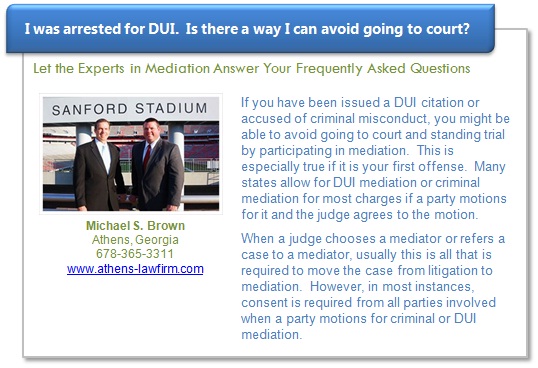With the divorce rates topping just over 50%, collaborative law is becoming more and more popular. As we all know, divorce mediation is very helpful in getting two opposing parties to critically think and problem solve their issues. Mediation is a great alternative to showing up in court and fighting it out.
As mediators, we have the difficult task of getting two people with different outlooks to agree on issues. As if that’s not hard enough, throw in some negative emotions into the mix, and you have the majority of divorces we’re expected to mediate. Here are a few mediation tips that might help you out the next time you run into a difficult case.
Establish rapport
The most crucial element of being a mediator is to be trustworthy. It’s very important that from the beginning you are able to gain the trust and confidence of both parties. Make sure that you appear professional, and are prepared to deal with what’s being thrown your way.
Empathize
Most people will not settle or make a deal unless they feel as if their entire side has been heard. Although it is nor your place to sympathize with them, it’s very important that you take the time to hear out what each party has to say. Each person needs to be able to voice their concerns otherwise they will not feel as if they are getting the fair end.
Guide Don’t Lead
Depending on the emotional stability of the differing parties, the best solutions are reached by those parties themselves. Your job is to guide them to a solution that will make both parties happy. It’s best to allow for the parties to feel as if they have reached the solutions on their own. This will prevent them feeling like they were coerced into something that they do not want. If both of the parties feel as if they mutually came to the understanding the odds of them committing to the agreement are much higher.
We know that mediating between two hostile parties is never an easy feat. The key is to stay calm, and to not let your emotions get involved in your decision making process. It’s important to show certain amounts of empathy, and to establish a good amount of rapport prior to the mediation session. Preparing yourself beforehand will ensure that you will have a productive session where both parties leaving feeling they have gotten the results they are entitled to.





